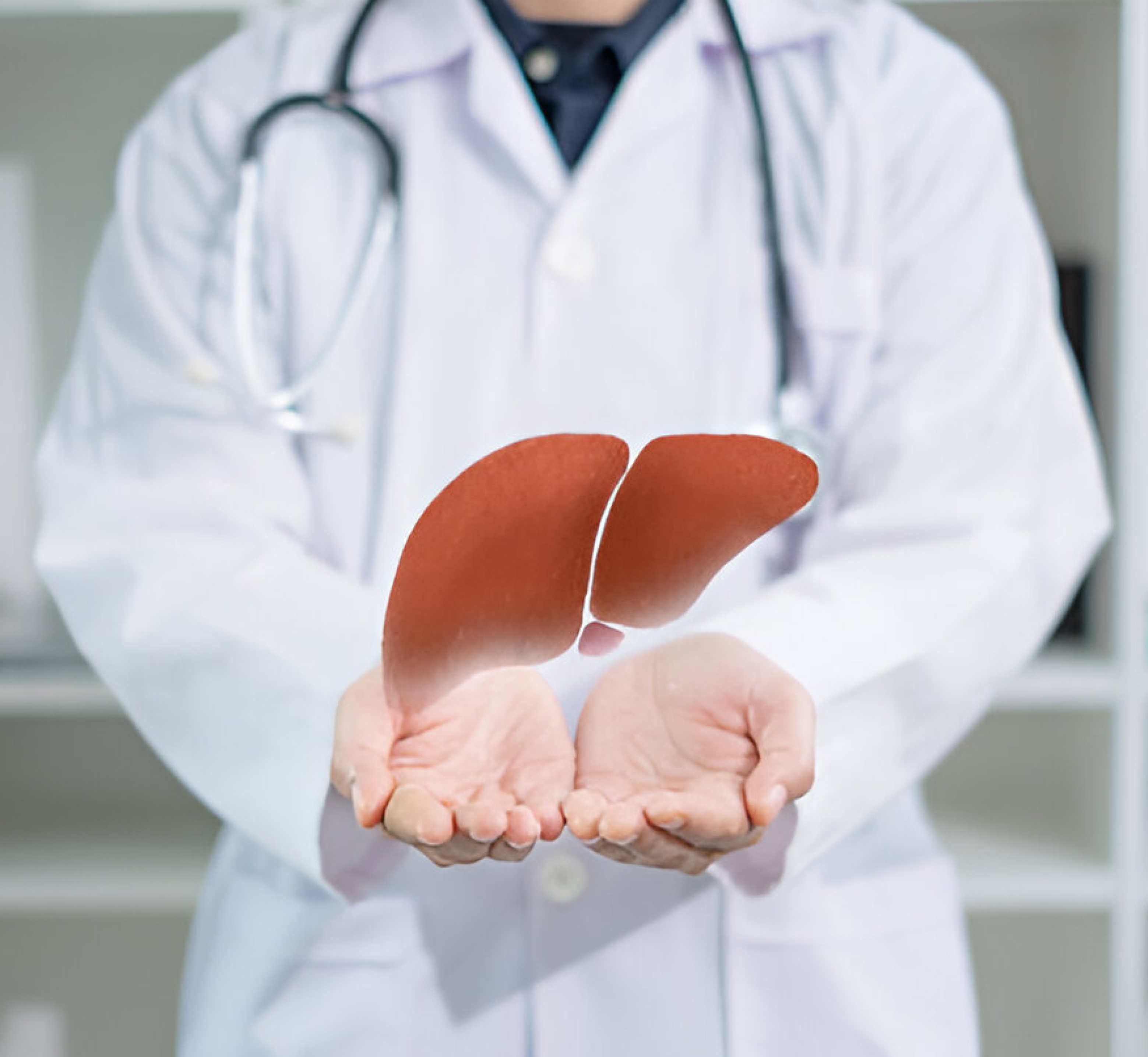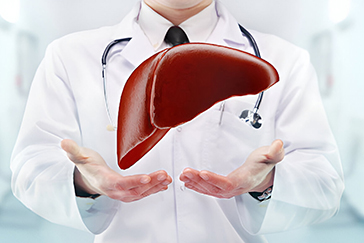 Book Appt.
Book Appt.
 Call Now
Call Now


Liver transplantation is a surgical procedure in which a diseased or damaged liver is replaced with a healthy liver from a living or deceased donor. It is a complex and life-changing intervention that offers hope and a second chance at life to individuals with severe liver disease. Understanding the process, indications, risks, and outcomes of liver transplantation is crucial for those considering or undergoing this life-saving procedure.
Indications for Liver Transplant:
Liver transplantation is considered when a person's liver can no longer function adequately to sustain life. Common indications include:
Donor Types:
There are two main types of liver donors:
Evaluation Process:
Both potential donors and recipients undergo a rigorous evaluation process to determine suitability for the transplant procedure. For recipients, this includes a comprehensive medical assessment, blood tests, imaging studies, and psychological evaluations. Donors undergo a similar process, ensuring they are in good health and have sufficient liver volume for donation.
Surgical Procedure:
Liver transplantation is a complex surgical procedure that typically lasts 6 to 12 hours. The damaged liver is removed from the recipient, and the healthy donor liver is transplanted. The surgeon then connects the blood vessels and bile ducts of the new liver to those of the recipient. The patient's own liver may be completely removed or left partially in place, depending on the specific circumstances.
Post-Transplant Care:
After the surgery, recipients require intensive medical care in the hospital to monitor for complications and ensure the new liver functions properly. Immunosuppressive medications are prescribed to prevent the body from rejecting the new organ. These medications must be taken for life.
Risks and Complications:
While liver transplantation is a highly successful procedure, there are potential risks and complications, including:
Outcomes and Quality of Life:
Liver transplantation has remarkably high success rates. Many recipients experience a significant improvement in their quality of life, with the ability to resume normal activities and lead fulfilling, productive lives.
In conclusion, liver transplantation is a lifesaving intervention for individuals with severe liver disease. Through meticulous evaluation, surgical expertise, and ongoing medical care, this procedure offers a chance at renewed health and vitality. While there are risks involved, the potential benefits and improved quality of life make liver transplantation a beacon of hope for those in need.
SHALBY Sanar International Hospitals provides extensive medical procedures backed up with our state-of-the-art technology and a team of highly qualified & experienced clinical experts.
Our doctors pen down their research findings and experiences from time to time. Their words provide deep insight into the latest techniques, technologies and other advancements in healthcare. It provides expert answers to all kinds of health questions for real-life issues.
VIEW ALL




Since the day of its foundation, SHALBY Sanar International Hospitals is committed to provide comprehensive healthcare services. It regularly organizes awareness programs in its premises and encourages outdoor healthcare activities and camps with an intent to put focus on preventive healthcare.
VIEW ALL